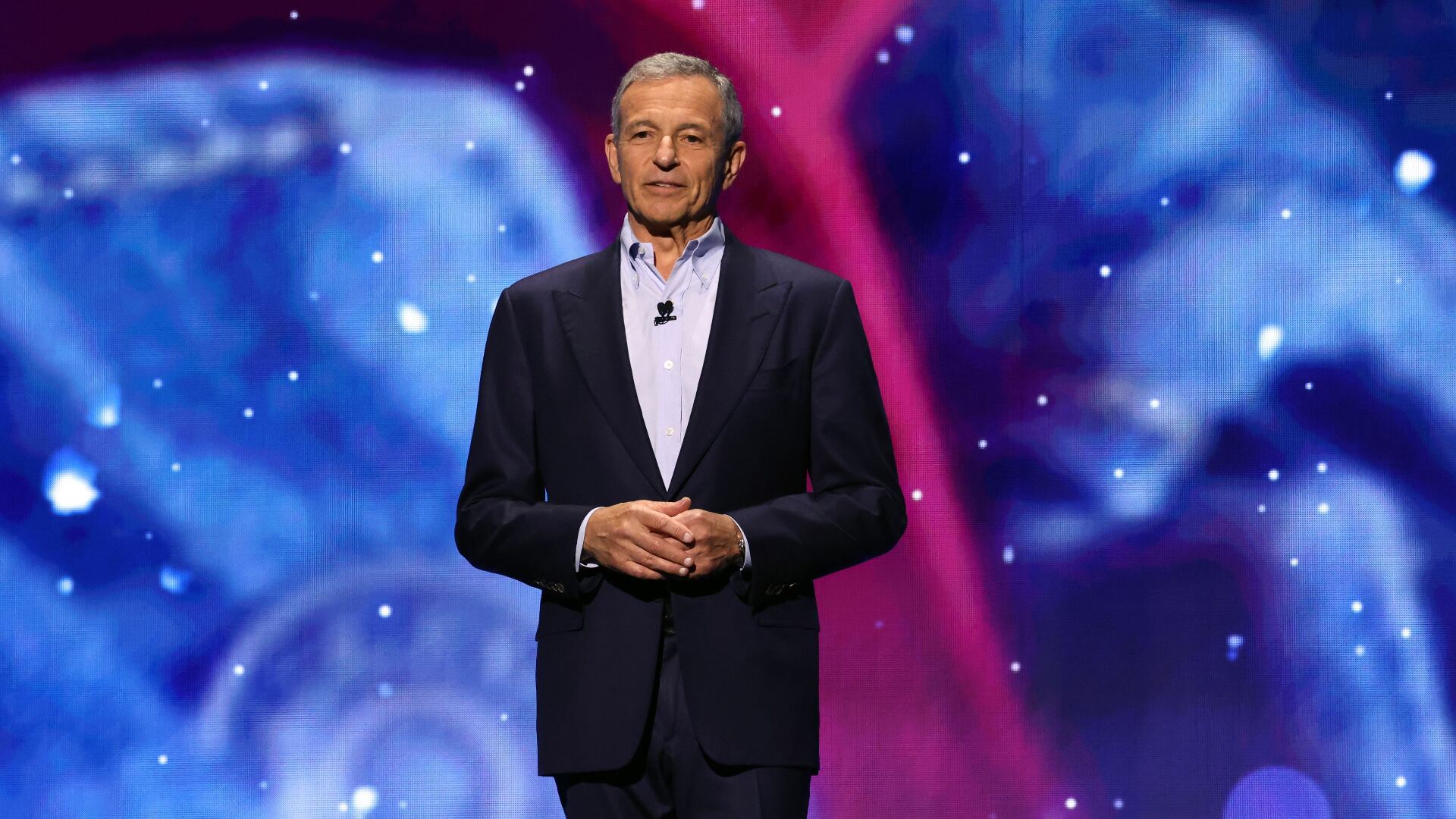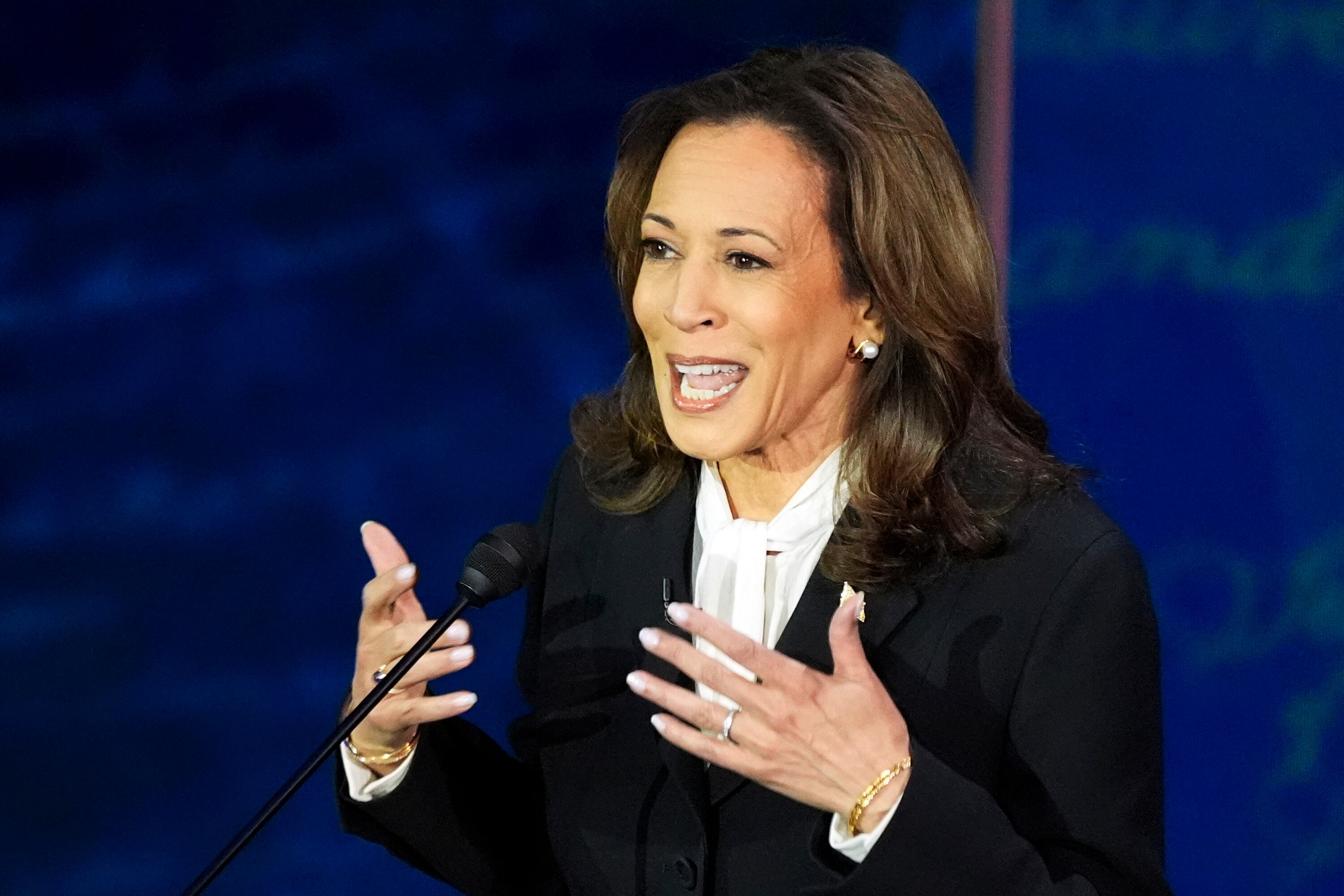As we celebrate Black History Month, Cheddar is highlighting prominent Black Americans who are carving their own historic paths and trailblazing in their industries. While Black History Month has become synonymous with reflecting on past achievements of Black Americans, it is important that we acknowledge today's historic feats as they happen.
New York City native Tamika Mallory has been fighting for the civil rights of Black Americans throughout her life. As a child, her parents exposed her to protesting, taking her to various rallies and marches. Armed with those experiences, it's easy to see how Mallory grew up to become one of the most vocal leaders on social justice.
In an interview with ABC News, she said it was clear early on that fighting for the rights of Black people was expected of her.
"[My parents] were always very clear with me that being part of the movement wasn't optional, because it is us. It's the only path to survival for Black people in America, that you be connected to a movement that is larger than yourself," she said.
Mallory's parents were activists in their own right and were founding members of Rev. Al Sharpton's National Action Network.
One of Mallory's most notable accomplishments was co-chairing the 2017 Women's March. The march on Washington was one of the largest on record and was a direct response to the election of former President Donald Trump and his inflammatory rhetoric toward women and disenfranchised groups in the U.S. In an interview with feminist academic journal Signs editor Suzanna Danuta Walters, she attributed the success of the action to the anger around Trump's controversial language but noted it was about much more.
"We had to encourage them to see past Donald Trump and to also understand him from a historical context — that this is not the beginning of something, this is a continuation of oppression that has existed," she said.
In 2019, Mallory, along with two other board members, stepped down from their roles at the Women's March after years of controversy over allegations of anti-Semitism, which she and the other board members denied. Following her departure from the organization, she, along with rapper/activist Mysonne, civil rights activist Linda Sarsour, and movement lawyer Angelo Pinto founded Until Freedom — an intersectional social justice organization rooted in the leadership of diverse people of color to address systemic and racial injustice, according to the organization's website.













